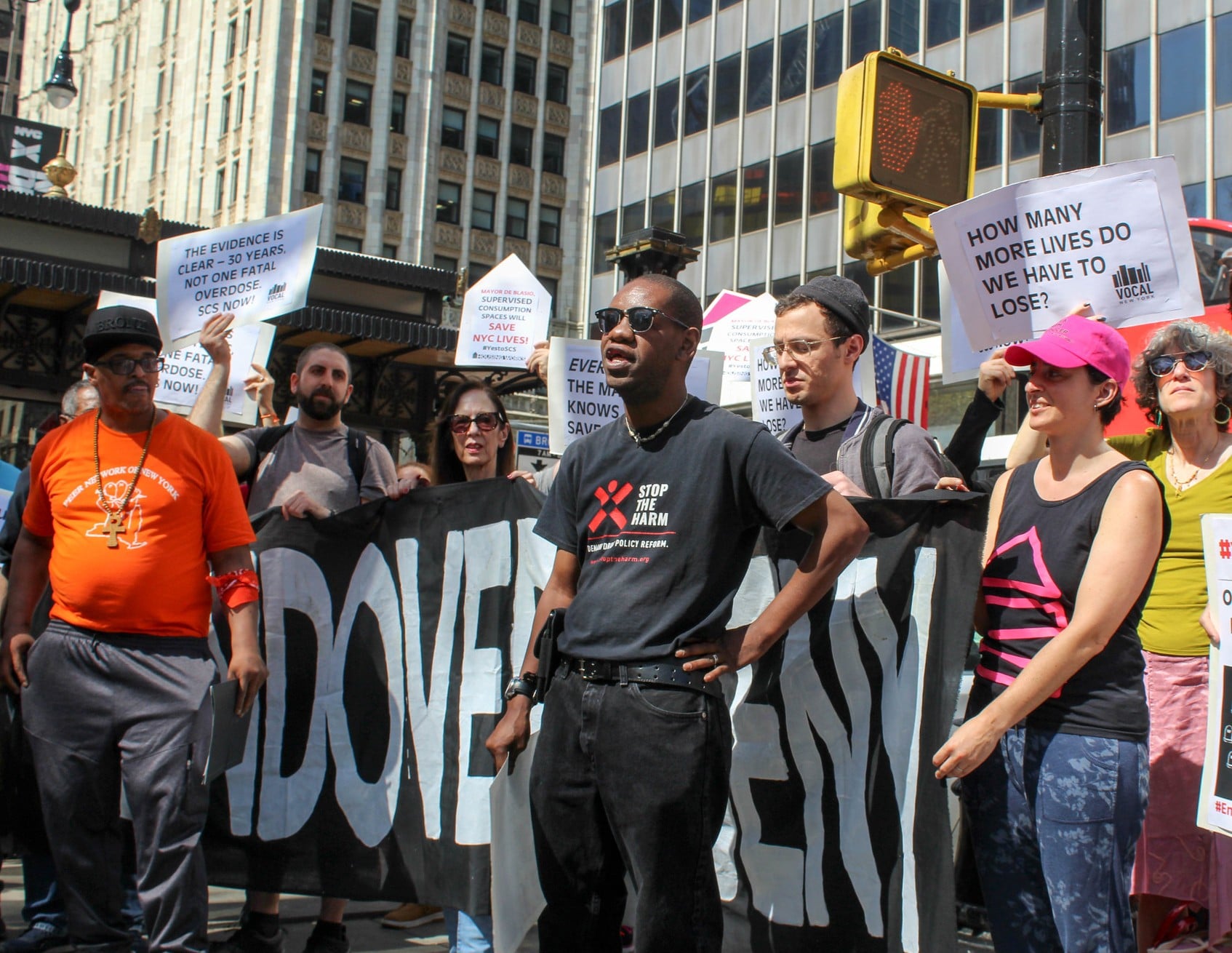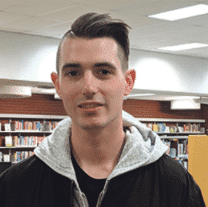Every year we come together to remember the lives that have been lost due to overdose. International Overdose Awareness Day is recognized and marked around the world, and has been happening since 2001 in Australia. We’re grateful for that.
But what about every other day of the year? Every day 190 overdose deaths happen in the US and 11 a day in Canada. Where is the fucking daily outrage? Can anyone really think that commemorating the millions of lives lost worldwide to this systematic drug war just once or twice a year is adequate?
One thing we can tell you is that it is not drug-user communities that need to be made aware of overdose deaths. How can we not be aware of the misery this brutal, racist, repressive international governmental structure imposes? We have constantly experienced the harms done to ourselves, to the loved ones we have lost, to our friends who are forced, every day, into environments and practices that put their lives on the line.
Policymakers urgently need to be stripped of their often-deliberate ignorance.
Instead, it is US and Canadian policymakers (like those in so many other countries) who urgently need to be stripped of their often-deliberate ignorance of what is happening on the streets amid multiple public health emergencies.
“Pandemic” has been one of this year’s most-used words. But a better one to apply to people who use drugs is “syndemic,” which refers to the presence of two or more diseases that adversely interact with each other.
We are experiencing a syndemic of overdose deaths, HIV, hepatitis C, homelessness, police violence and mass incarceration. COVID-19 has made things worse, but only so much. Because we’ve endured this since at least the 1980s, when HIV hit the population of injection drug users just as the War on Drugs was accelerating.
The crime and havoc so often portrayed around drug users’ lives are rooted in the criminalization of drugs—not in their actual properties.
Imagine if caffeine, all a sudden, were criminalized and you couldn’t go to your local coffee shop. Inevitably, people would start selling illicit caffeine to meet the demand. Some would try to turn profits by selling coffee mixed with something cheaper, more obtainable or more potent, resulting in harms. People who chose not to buy illegal caffeine would stigmatize those who did. And arrests, overwhelmingly of caffeine users of color, would soar, leading to more police violence and more prisons.
Maybe if caffeine were criminalized, for just one year, policymakers would finally understand. It might take something that obvious for them to see the adverse effects of criminalization and acknowledge the harms that their own policies have caused.
If there were any political will at all, drugs could be decriminalized right away, and a framework of regulation implemented pretty quickly. Maybe governments of rich countries are afraid of allowing people in drug-producing countries in South America or Asia to actually profit off their trade and land.
Whatever the reasons—and racism and classism top the list—things are so fucking backwards right now. We have been yelling from the rooftops, for years, for compassionate, evidence-based solutions. Yet despite slow-motion progress in some places, we so often might as well have been yelling into the wind.
The government needs to be made aware—in flesh-and-blood terms, not statistics—that every day, their citizens are dying from a tainted drug supply. Every day, people who use drugs must play Russian roulette with chemicals. Every day, they have to break the law, running all the risks to life and liberty that entails, to procure and consume a substance on which they may be dependent.
People don’t all of a sudden choose to become dependent on substances that put them in the drug war’s crosshairs. So often, our back-stories include personal or systemic trauma—frequently multiplied by prohibition itself. Maybe child services took away someone’s child for their drug use. Maybe someone has gone through the horrific nightmare of living on the streets, due to failures in housing policy and unfettered capitalism. First Nations communities have experienced so much intergenerational trauma, which shows up plainly in overdose deaths, especially in Canada. Black people and people of color in the US and elsewhere have suffered police surveillance, brutality and murder across generations.
Governments need to be made aware—but fully aware—of the communities they have harmed the most, and compelled to supply the resources, agency and liberation that can begin to repair hundreds of years of damage.
“When the systems fail us, we need to create our own systems.”
Every year we march with anger and tears, we shout harm reduction messages, we remember the loved ones who are not here anymore due to a drug policy-related death. We do this not just on International Overdose Awareness Day, but always. We advocate loud and hard on the streets, the airwaves and the internet. We support one another, we meet in person or remotely to check in and protect one another, we lead our own research without the systems to see what we can find out from our communities.
“When the systems fail us, we need to create our own systems,” says Michael Kenneth Williams during the opening of his popular Vice docu-series. And that is exactly what people who use drugs are doing—because the system we’ve been given is one that kills us. But we could do so much more if people with privilege, in great numbers, showed real solidarity.
For you who have used drugs or worked in harm reduction, thank you. We love you all, and want to acknowledge anyone who has reversed an overdose, anyone who has called 911 for someone overdosing even though it was the last thing they wanted to do, anyone who has improved or saved drug users’ lives, anyone who has shown solidarity with your fellow drug users. We should be praising you on this day, giving you all of the light.
Thank you, too, to you rare people in power who have stepped up, worked outside your normal box, and become leaders in this life-saving movement. Maybe it was prescribing safe supply, maybe it was endorsing decriminalization or other progesssive laws, maybe it was running or evaluating an unsanctioned safe consumption site, maybe it was using your platform to spread the word. You stepped in when most wouldn’t, and you showed up for us.
Be aware, make others aware, but then act.
Now, more than ever, it is time for us to be loud and insistent. We must demand that governments take responsibility for our syndemic. However late in the crisis it is, they have the power to save the lives of our friends and family members who are at risk of serious harm and death.
So do what you can do to make your government aware—not just on August 31, but anytime you can use your voice, anytime you have a little more power and find you can empower those with less.
Governments need to know the grief we are all experiencing. But let’s make this day, too, about dismantling those systematically oppressive structures that have imposed and upheld such unconscionable laws.
Be aware, make others aware, but then act. We did not start this war on drug users, but together we can end it.
Photograph of a 2015 protest in NYC by VOCAL-NY via Flickr/Creative Commons 2.0






Show Comments